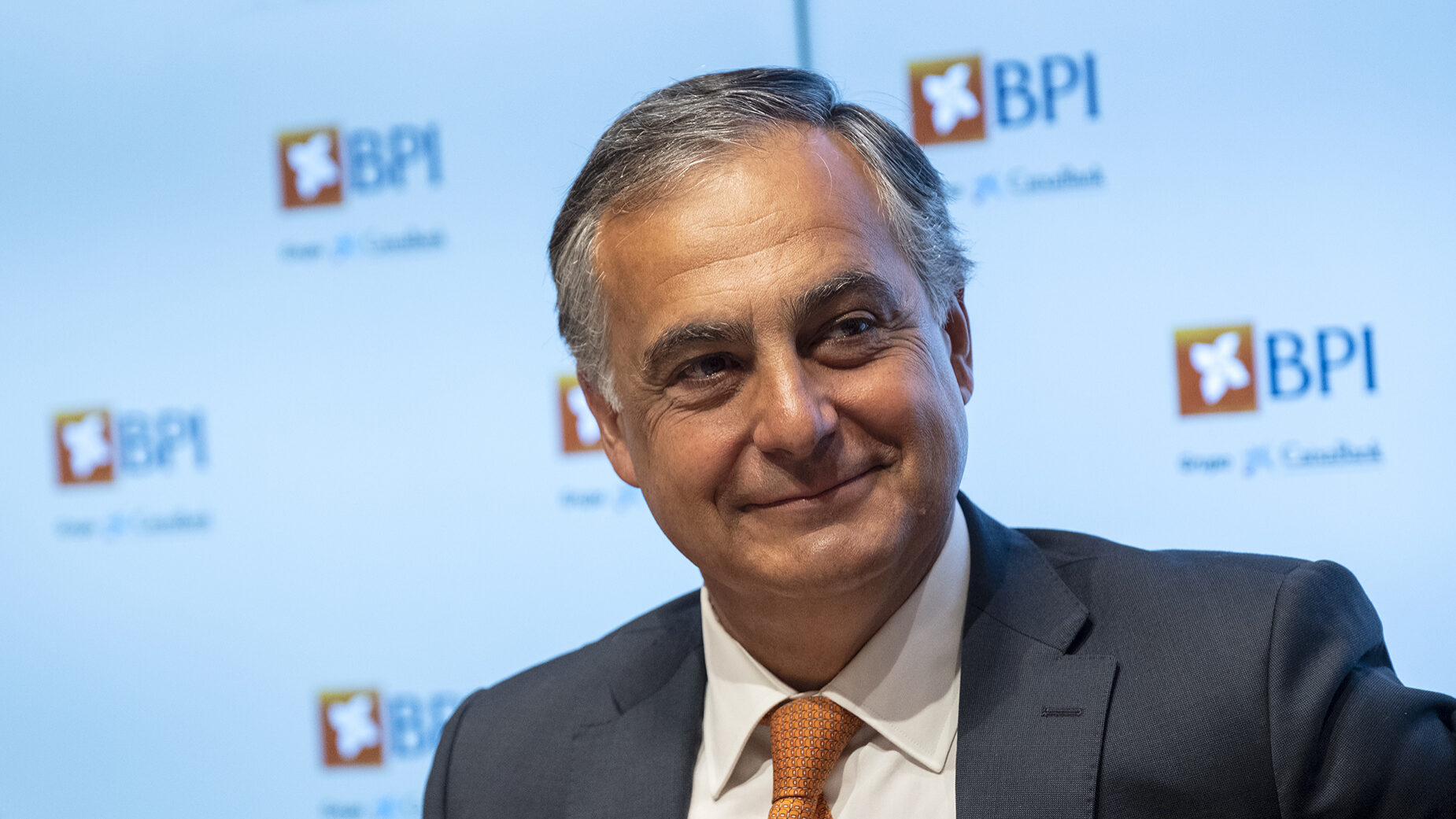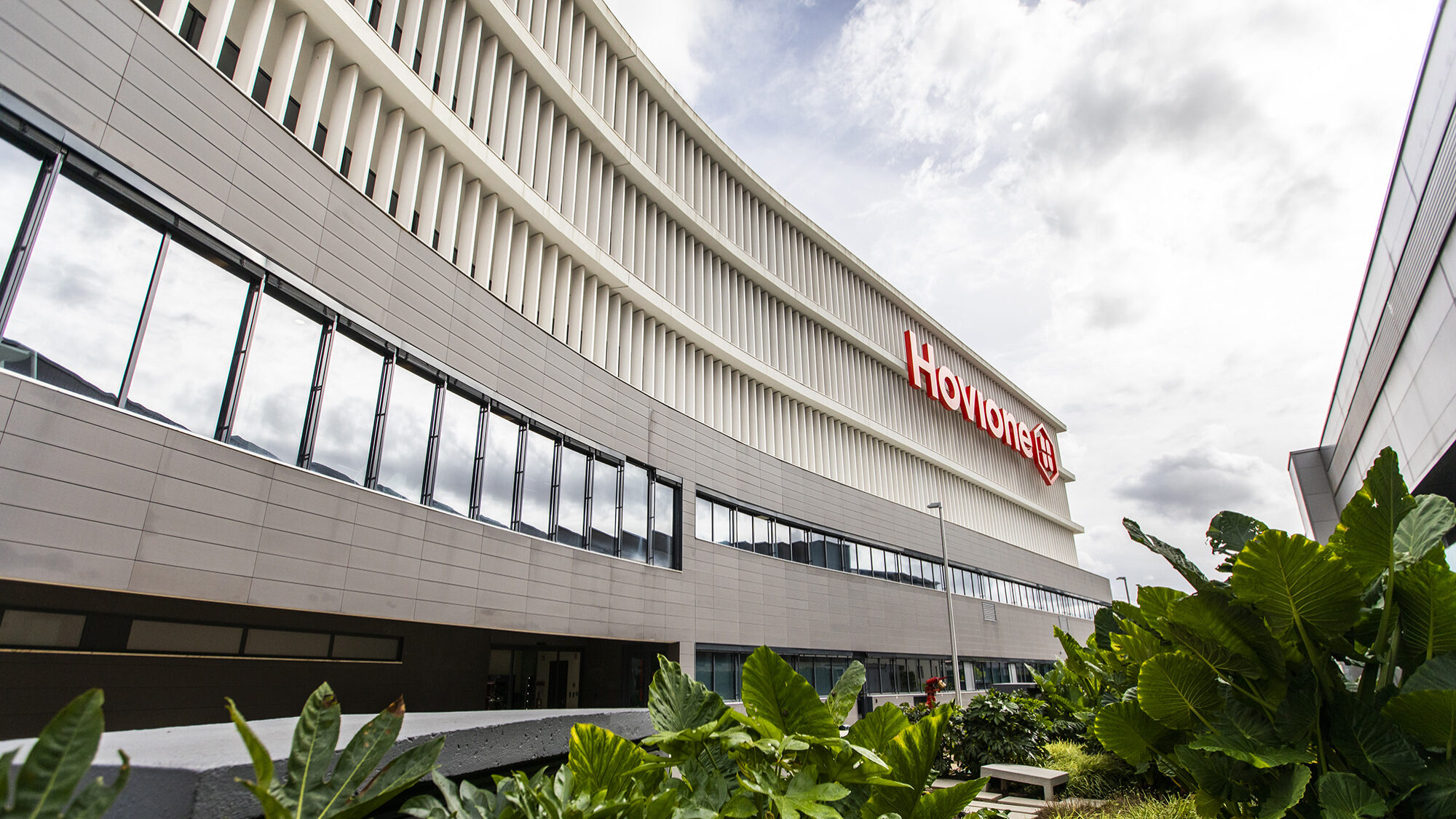Portugal drops two places in the ranking of the most attractive countries for foreign investment
Portugal now ranks 9th in the European ranking of foreign direct investment attractiveness, compiled by EY. The percentage of investors planning to invest in the country has fallen from 84% to 60%.
Portugal dropped two places in the European ranking of foreign direct investment (FDI) attractiveness, now occupying 9th place, according to the EY Attractiveness Survey Portugal, released this Friday. Portugal swapped places with Italy, which rose from 9th to 7th place, and fell behind Belgium, which remained in 8th place in the ranking. The percentage of investors planning to invest in the country fell from 84% to 60%.
The analysis released by the consultancy firm on Friday states that this result is due, on the one hand, to “a European context of slower economic growth, with high interest rates and the burden of public debt still significant. On the other hand, it is part of a context of macroeconomic and political uncertainty, with regional and global tensions affecting supply chains and, as a result, investor confidence”.
In 2024, the number of foreign direct investment projects in Portugal fell by 11% to a total of 196. According to the same study, although the number of new projects exceeded the previous year’s figure by 21%, the number of expansion projects fell by 50%. “This reduction may reflect the maturity of previous investments and a shift towards consolidation”, explains the manager.
Another indicator that reveals a deterioration relates to the expectations of the executives who were surveyed: “Only 60% of the executives surveyed plan to establish or expand their operations in Portugal within a year, down from 84% in the previous survey, but slightly above the European average (59%).”
Confidence in the medium-term outlook has also softened, with 61% anticipating growth in Portugal’s attractiveness over the next three years, compared to 78% in the previous year, a percentage identical to that recorded in Europe.
Part of this decline in prospects is justified by the end of a “positive differentiation” that benefited the country. “Portugal has shone in Europe in recent years. Investors looked at it with greater optimism than at Europe”, Miguel Cardoso Pinto, head of the study and leader of EY-Parthenon, explained to ECO. According to the expert, the slowdown felt at European level, driven by more unfavourable macroeconomic conditions and geopolitical instability, is spreading to Portugal.
In sectoral terms, IT software and services continue to lead in FDI, with 137 projects secured in 2024, a drop of 23 projects compared to 2023, which “still places Portugal in 4th position in the European ranking for the sector (representing 29.1% of all FDI projects in Portugal, compared to 14.6% in Europe)”, says the study. Next comes the business services and professional services sector. Together, these sectors account for “almost half of all FDI initiatives” last year.
“In a context of strong global uncertainty, Portugal has once again shown a favourable environment for business creation and development, and a commitment to sustainable growth. Among those planning to invest in Portugal this year, 68% already operate in the country, reflecting investors’ continued appreciation and commitment”, says Miguel Farinha, Country Manager Partner at EY Portugal, quoted in the study.
Miguel Farinha adds that the study “reinforces confidence in the quality and qualifications of the national workforce, as well as in the competitiveness and openness to new markets and customers in a strategically positioned country”.
“Portugal will continue to be a very attractive country for FDI”, adds Miguel Cardoso Pinto, reinforcing the importance of the country remaining in the ranking of the 10 most attractive countries in Europe, with 3.6% of FDI in the region, representing €1.86 billion in investment.
By region, the EY Attractiveness Survey Portugal reveals that although Lisbon “continues to lead as a destination for FDI, the Centre reinforces its second place in terms of attractiveness”.
Despite the reduction in FDI projects in Portugal, job creation linked to foreign investment has grown, which contrasts with the European trend of a significant decline (-16%). According to the manager’s analysis, average job creation in Portugal per project increased by 3% in 2024.
Brazil gains weight
At a time when Europe is facing a decline in foreign direct investment, the Attractiveness Survey 2025 concludes that, in the case of Portugal, the weight of extra-European investment has increased considerably, mainly driven by Brazil, which has been strengthening its position.
With the US, Germany and France in the top three largest investors, accounting for 40.2% of FDI, EY sees Brazil as an investor with great potential. “It is clear that Portugal is a key part of Brazil’s investment strategy: the country has 36 FDI projects in Europe in 2024, 16 of which are in Portugal. The country accounted for 8.2% of FDI in Portugal in 2024, up from 7% the previous year”, the study reveals.
For Miguel Cardoso Pinto, “Brazil should be an engine of growth for foreign direct investment in Portugal” and the country should consolidate its relations with Brazil.
Overall, the author of the study also maintains a positive outlook, but points out that there are three issues that foreign investors highlight when talking about investing in the country: being able to reduce and simplify taxes; access to capital; and quality of life.
On the other hand, he also notes that it is necessary to maintain the quality of infrastructure and the quality and availability of resources through the development of talent.




